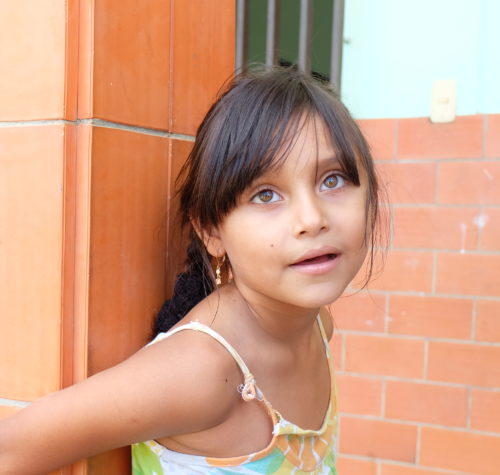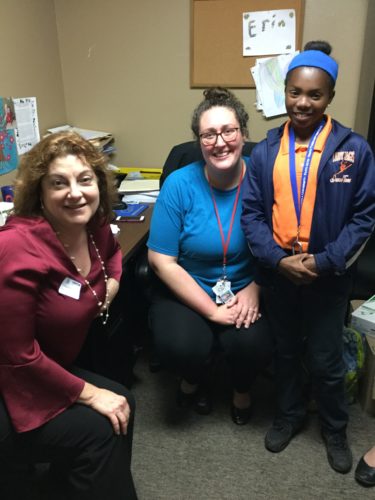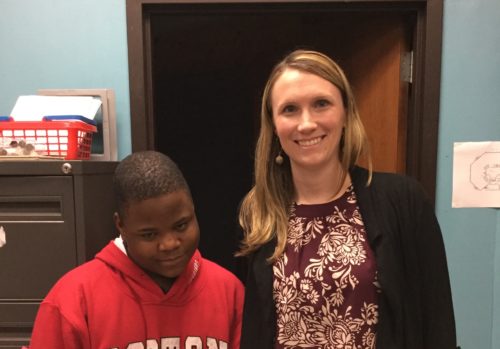The small landlocked nation of Bolivia comprises the rugged Andes Mountains and vast high-altitude plateaus to the west, including a portion of Lake Titicaca – the largest high-altitude lake in the world. The lush lowland plains of the Amazon Jungle are found to the east. Despite its wealth of natural beauty and resources, Bolivia bears the scars of centuries of conflict, beginning with the Spanish conquistadors and followed by almost 200 years of wars and internal military coups.
Political and economic instability have brought about considerable poverty there, resulting in widespread malnutrition, crime, and disease. For these reasons, Children Incorporated supports hundreds of children in Bolivia each year, providing them with basic necessities so that they have the opportunity to go to school and succeed.
Facts about Bolivia
– Population: 10.1 million (UN, 2011)
– Capital: Sucre (official), La Paz (administrative)
– Largest city: Santa Cruz
– Area: 1.1 million square kilometers, or 424,164 square miles
Nearly 60% of Bolivians live below the poverty line. In rural areas, the numbers are even more dramatic. Three out of every four people living in these areas suffer from poverty.
– Major languages: Spanish, Quechua, Aymara, Guarani
– Major religion: Christianity
– Life expectancy: 65 years for men, 69 years for women (UN)
– Monetary unit: the boliviano
– Main exports: soybeans, natural gas, zinc, gold, silver, lead, tin, antimony, wood, sugar
Facts about child poverty in Bolivia
– It is estimated that 2.5 million children live in conditions of poverty. The causes of mortality in children under the age of 5, according to the Ministry of Health, are directly associated with poverty. An estimated 36% of these deaths occur as a result of diarrheal diseases, and an estimated 28%, as a result of malnutrition.
– According to the United Nations Children’s Fund (UNICEF), the poverty in Bolivia is among the worst in South America. Economic growth and opportunities to make a living are most commonly found in urban areas, making it difficult for indigenous farmers, inhabitants of more remote areas with fewer people, to market their products and provide for their families.
– Nearly 60% of Bolivians live below the poverty line. In rural areas, the numbers are even more dramatic. Three out of every four people living in these areas suffer from poverty.
– One reason for the extreme poverty lies in Bolivia’s geography: many of the country’s roads are undeveloped, so farmers have difficulty transporting their products to sell them in markets outside of town – which, in turn, negatively impacts their families and the communities in which they live.
– It is estimated that 70% of the rural population and 30% of the urban population are illiterate.
– The incomes of nearly two-thirds of households are too low to afford the minimum amount of food necessary for healthy living.
-Around 12% of school-age children in Bolivia are not attending school.
Where we work
In Bolivia, we affiliate with fourteen projects in three major cities and their surrounding areas: Santa Cruz, La Paz, and Sucre. Santa Cruz is Bolivia’s largest city. Sucre, Bolivia’s constitutional capital, retains much of the flavor of Spanish colonialism, including many buildings erected by the conquistadors, and the second-oldest university in Latin America. At 12,000 feet above sea level, La Paz is the highest capital city in the world.
How you can help in Bolivia
You can help a child living in poverty to receive an education in a few different ways. One way is through our child sponsorship program. Sponsorship provides an underprivileged child with basic and education-related necessities such as food, clothing, healthcare, school supplies, and school tuition payments. This vital support allows impoverished, vulnerable children to develop to their full potential – physically, emotionally, and socially. Sponsors positively impact the lives of the children they sponsor through the simple knowledge that someone cares about their well-being. This gives children in need hope, which is powerful.
Sponsorship provides an underprivileged child with basic and education-related necessities such as food, clothing, healthcare, school supplies, and school tuition payments.
Our policy has always been to consider the needs of each sponsored child on an individual basis. We work closely with our volunteer coordinators at our project sites, who are familiar with each individual circumstance and the needs of every child in their care. Sponsorship donations are sent to our projects – orphanages, homes, community centers, and schools – at the beginning of each month in the form of subsidy stipends. Our on-site volunteer coordinators use those funds to purchase items for children in our program, to ensure that they have what they need to do their very best and succeed in school.
You can also help children in Bolivia by donating to one of our special funds. Our special funds offer a variety of giving options for sponsors who wish to further their support, as well as for donors who wish to make a difference without making a commitment. In the past, thanks to donations to our Hope In Action Fund, we have been able to build classrooms, as well as homes for people living in poverty in Bolivia, greatly changing their lives for the better, and giving them the opportunity to become financially stable.
***
HOW DO I SPONSOR A CHILD IN BOLIVIA?
You can sponsor a child in Bolivia in one of three ways: call our office at 1-800-538-5381 and speak with one of our staff members; email us at sponsorship@children-inc.org; or go online to our donation portal, create an account, and search for a child in Bolivia that is available for sponsorship.
References:
https://www.unicef.org/bolivia/children_1540.htm




